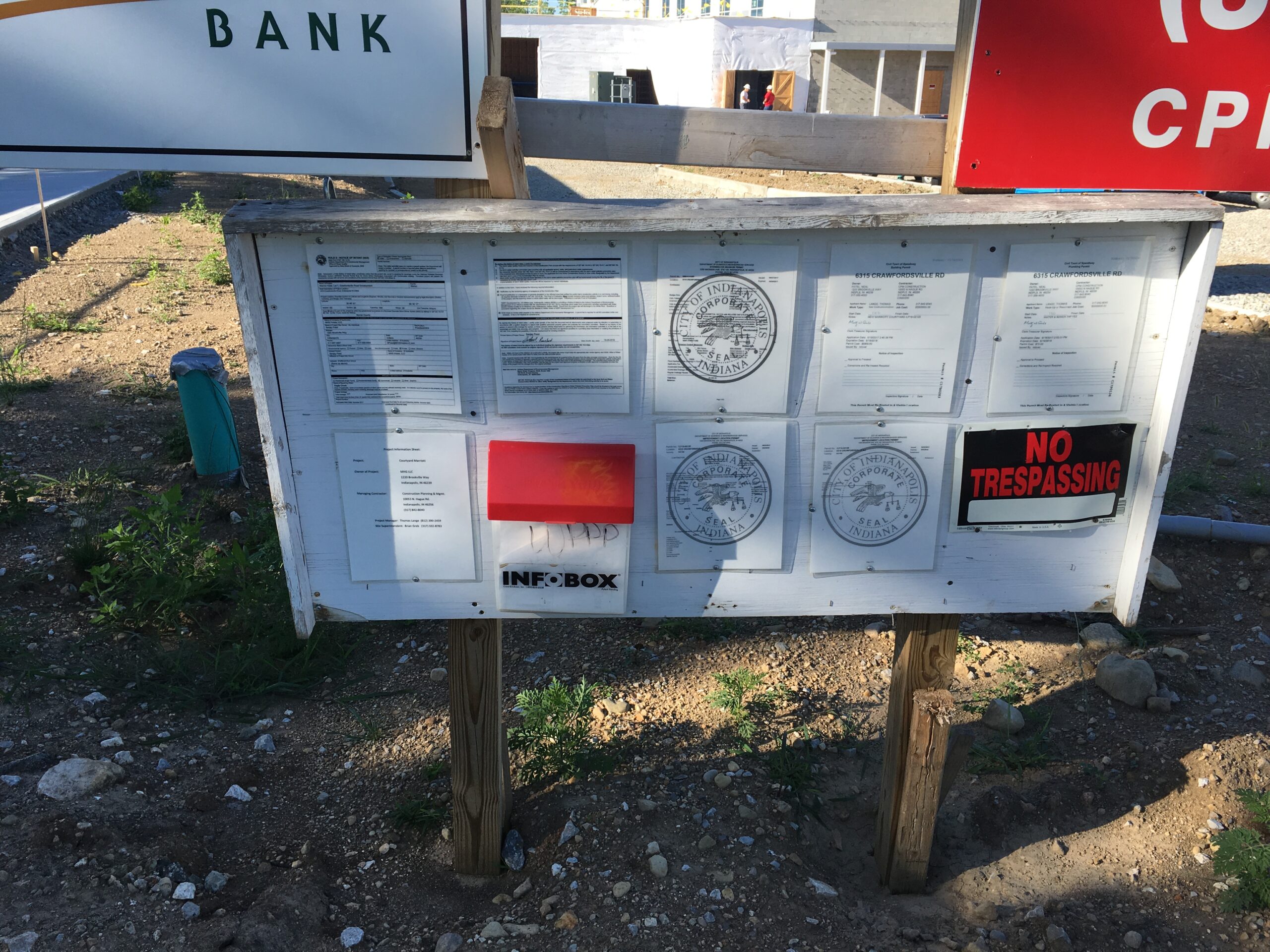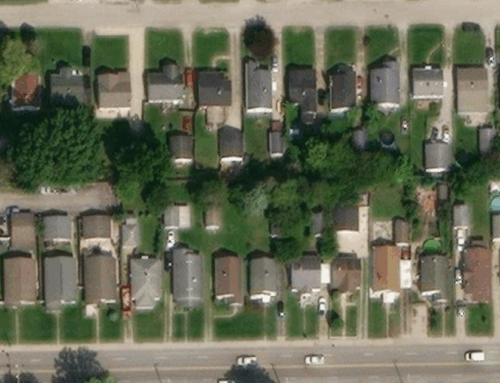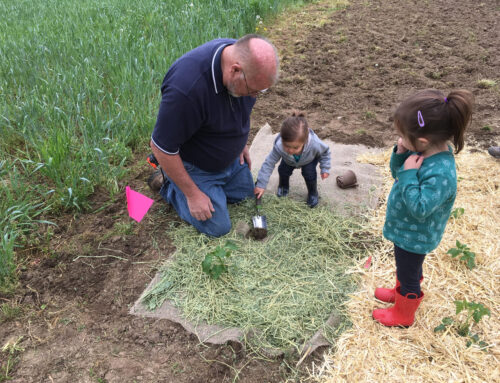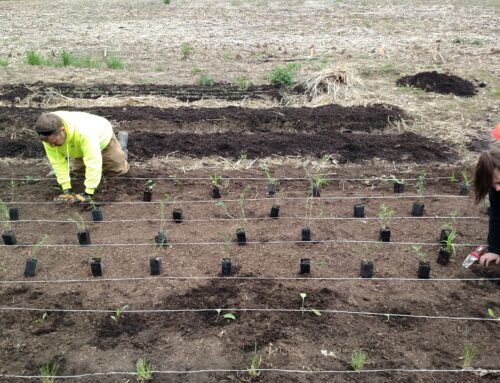By Rob Kendall, SWCD Urban Conservationist
Indiana’s Construction Stormwater General Permit (INRA00000) is essential for developers, construction companies, and environmental compliance officers who are working on projects that disturb one or more acres of land. Issued by the Indiana Department of Environmental Management (IDEM), the permit outlines requirements to help protect Indiana’s surface waters from pollution caused by construction runoff. Here’s what you need to know to ensure compliance:
Who Needs This Permit?
The permit applies to construction projects across Indiana that disturb at least one acre of land or smaller projects that are part of a larger development plan. For coverage, a Notice of Intent (NOI) must be filed before the project starts, accompanied by a fee. Exemptions are available for agricultural, silvicultural, and certain utility-related activities.
Key Performance Standards
Compliance involves managing stormwater to meet IDEM’s water quality standards. Key requirements include:
Sediment Control: Projects must implement sediment barriers, silt fences, or sediment basins to minimize sediment flow to water bodies.
Stabilization: Idle areas must be stabilized within seven days of inactivity using vegetation or other methods to prevent erosion.
Waste Management: Proper disposal of construction and domestic waste is critical to prevent pollutants from entering stormwater systems.
The Stormwater Pollution Prevention Plan (SWP3)
A cornerstone of compliance, the SWP3 must outline all stormwater management strategies both during and after construction. This includes detailing erosion control, sediment barriers, and measures to handle materials and waste. All SWP3s should be designed by trained individuals and regularly monitored, especially after heavy rainfall.
Self-Monitoring and Documentation
IDEM requires a self-monitoring program (SMP) to assess stormwater management practices regularly. Inspections must be documented, with corrective actions for issues like erosion or pollutant discharge detailed in a project management log, and all records maintained for at least three years post-project.
Post-Construction Requirements
After construction, projects must have long-term stormwater measures, such as detention basins or infiltration areas, to manage runoff. These features should be maintained by a designated party to ensure they continue meeting stormwater quality standards.
Final Thoughts
Following the Construction Stormwater General Permit is crucial for minimizing the environmental impact of construction projects in Indiana. By adhering to the guidelines in the SWP3, monitoring regularly, and properly managing stormwater systems, construction sites can effectively protect Indiana’s waterways while a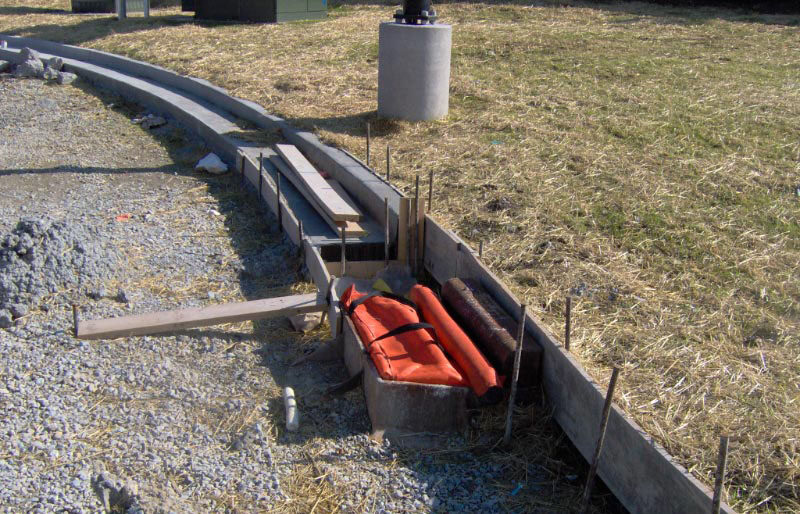 voiding compliance issues.
voiding compliance issues.


